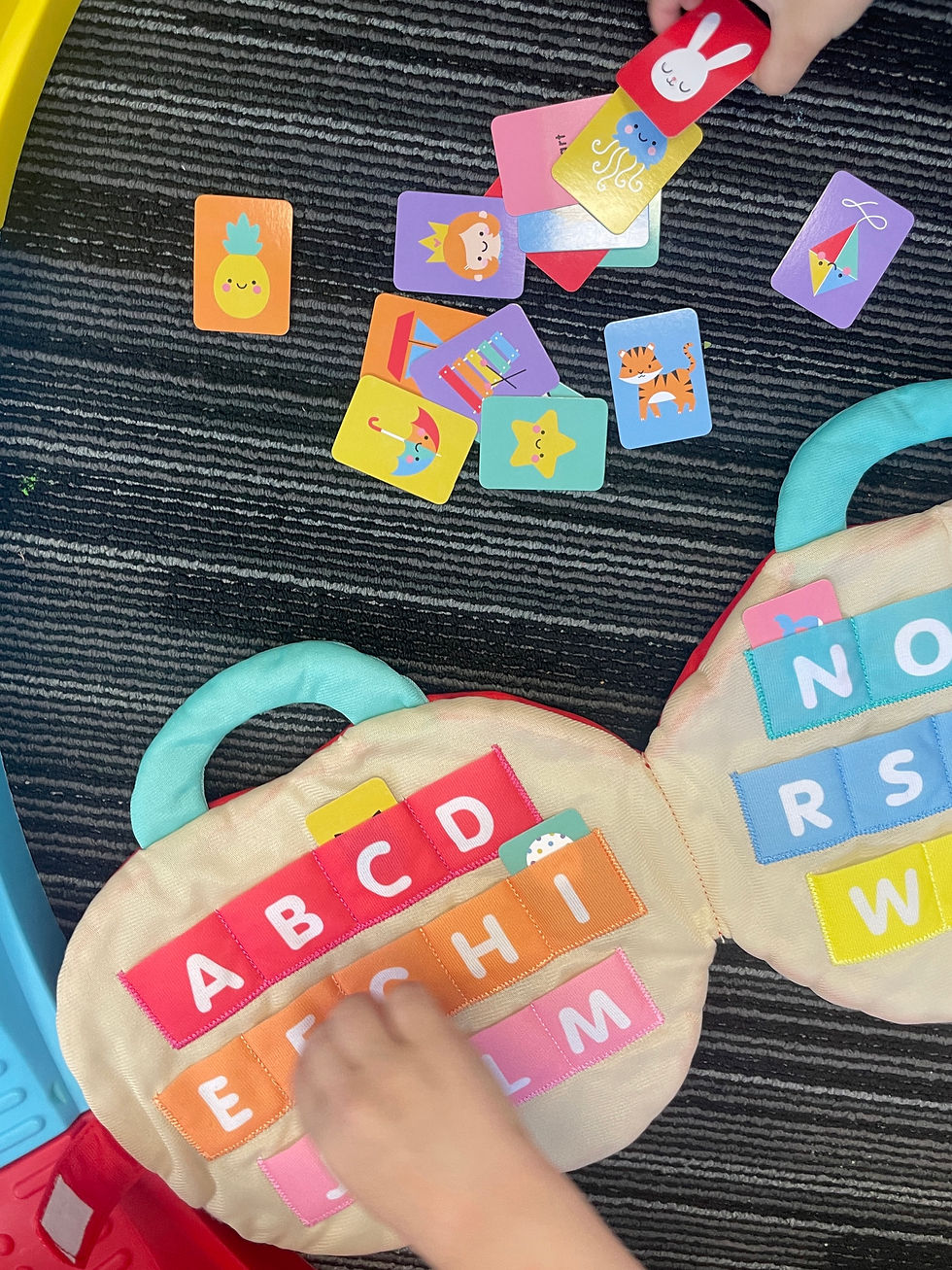Top Reasons to Refer a Preschooler to an Occupational Therapist or Speech Pathologist
- claire2876
- Jul 20, 2025
- 2 min read

Preschool-aged children (0–5 years) go through critical developmental stages where early support can make a lasting impact. As parents, educators, or early childhood professionals, knowing when to seek the help of an occupational therapist (OT) or speech pathologist (SP) can ensure a child is set up for success across all areas of development.
✋ When to Refer to an Occupational Therapist
Occupational therapists work with children to support their participation in everyday activities—at home, childcare, or playgroup. Common reasons for referral include:
Delayed fine motor skills: Difficulty using crayons, scissors, or puzzles may indicate that a child needs support with developing hand strength, coordination, or dexterity.
Poor sensory regulation: If a child is overwhelmed by noise, avoids messy play, or reacts strongly to textures, smells, or movement, they may have challenges with sensory processing.
Struggles with self-care: Challenges with dressing, toileting, or using cutlery may signal the need for intervention to develop independence.
Delayed play or imitation: A child who does not engage in pretend play or struggles to interact with peers may benefit from therapy to develop early social skills.
Early intervention OTs also help children with emotional regulation, transitions, and routines, supporting both the child and their caregivers with practical strategies and confidence-building tools.
🗣️ When to Refer to a Speech Pathologist
Speech pathologists assess and support children’s communication and feeding development. Reasons to refer include:
Limited vocabulary or delayed speech milestones: If a child isn’t using at least 50 words by age 2 or isn’t combining words into short phrases by 3, this is a red flag.
Unclear or difficult-to-understand speech: Intelligibility should improve rapidly between ages 2–4. If caregivers or educators often say “I don’t understand them,” a speech screen is warranted.
Difficulty following instructions: If a child seems to ignore verbal directions or becomes frustrated when asked to do something, it may be due to receptive language delays.
Feeding or swallowing concerns: Children who gag, refuse a variety of textures, or struggle with chewing and swallowing may benefit from a feeding assessment.
Early communication difficulties can impact behaviour, learning, and social development. The earlier these are identified, the better the outcomes.
👨👩👧 The Importance of Early Intervention
Preschool years lay the foundation for future academic, social, and emotional growth. Referrals can come from various sources—family members, early childhood educators, GPs, or maternal child health nurses.
When in doubt, it’s always best to seek a developmental screen. Many early challenges resolve quickly with the right intervention, and therapy is often play-based and fun, empowering children to thrive in their daily lives.

How to Book
We’ve made booking easy—appointments can be scheduled online 24/7.
Shoalhaven Clinic: Book online
Shellharbour Clinic: Book online
Have questions about funding? Contact our friendly team, and we’ll guide you through your options.









